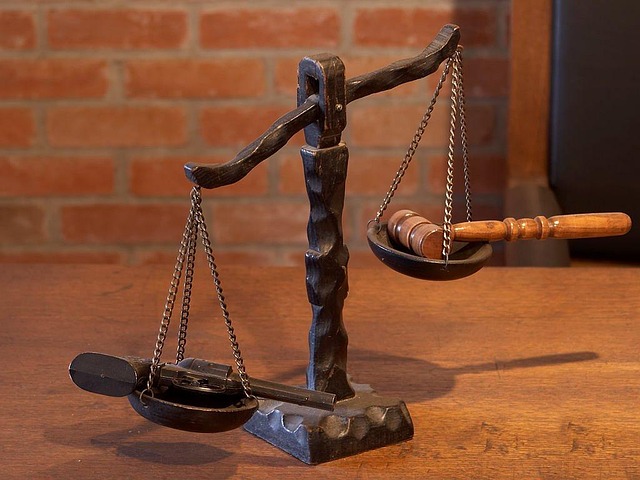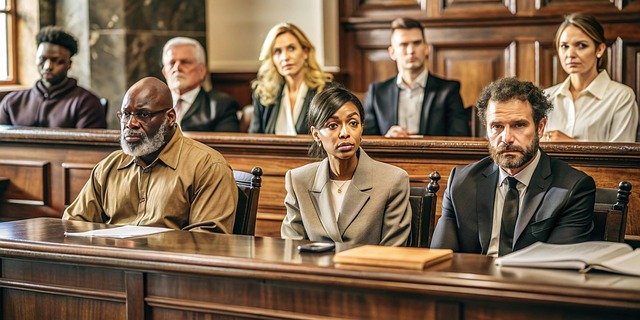A successful personal injury trial demands deep knowledge of tort law and key elements like duty of care, breach, causation, and damages. Lawyers navigate complex insurance policies, expert medical testimony, and nuanced business partnerships through diligent evidence gathering, strategic witness examination, and clear argumentation. Meticulous fact-finding, evidence collection, and witness identification are crucial, as is effective court presentation to establish liability and quantify damages, aiming for just recovery.
“Preparing for a successful personal injury trial demands a strategic approach from lawyers. This comprehensive guide explores the intricate process, from grasping the legal framework governing such trials to mastering evidence presentation and crafting compelling case strategies. We delve into effective courtroom argumentation techniques, ensuring attorneys are equipped to advocate for their clients’ rights. By understanding these key components, legal professionals can navigate the complexities of personal injury cases with confidence and maximize positive outcomes.”
- Understanding the Legal Framework for Personal Injury Trials
- Gathering and Presenting Compelling Evidence
- Building a Strong Case Strategy and Effectively Argumenting in Court
Understanding the Legal Framework for Personal Injury Trials

A successful personal injury trial hinges on a profound understanding of the legal framework governing such cases. Lawyers must grasp the intricacies of tort law, which defines the rights and responsibilities in civil wrongdoings causing harm. This includes recognizing the elements required to prove liability, such as duty of care, breach, causation, and damages, to ensure a compelling case presentation.
Within this framework, insurance coverage dispute resolution plays a crucial role. Lawyers need to be adept at navigating complex policies, understanding exclusions, and evaluating settlement offers against potential jury awards. Furthermore, cases may involve serious injuries that necessitate expert medical testimony and careful consideration of the client’s long-term care needs. Even partnership disagreements, though unrelated, can intersect with personal injury trials when business entities are implicated, requiring a nuanced approach to uncover liability and mitigate damages.
Gathering and Presenting Compelling Evidence

In preparing for a personal injury trial, lawyers meticulously gather and assess evidence that will be crucial to their client’s case. This involves sifting through medical records, police reports, witness statements, and any other relevant documents. The goal is to uncover compelling facts that demonstrate liability and the extent of the plaintiff’s injuries or losses. A car accident attorney, for instance, would scrutinize crash reconstruction reports, expert opinions on vehicle safety, and eyewitness accounts to build a strong narrative.
Presenting this evidence in a clear and persuasive manner is key. Lawyers may use visual aids like diagrams or videos to illustrate the events leading up to the accident. They also strategically examine witnesses, ensuring their testimonies align with the overall case strategy. In complex cases, such as those involving partnership disagreements resulting in personal injuries, lawyers must be adept at distinguishing between relevant and redundant evidence to keep the focus on the core issues during trial.
Building a Strong Case Strategy and Effectively Argumenting in Court

Building a Strong Case Strategy is a pivotal step for any auto accident lawyer preparing for a personal injury trial. It involves meticulously reviewing the facts of the case, gathering evidence, and identifying key witnesses. Lawyers must analyze medical reports, police records, and witness statements to construct a compelling narrative that demonstrates liability and quantifies damages. This strategic process ensures that every element of the client’s claim is addressed, increasing the chances of a favorable outcome.
Effective argumentation in court is equally crucial. Lawyers need to articulate complex legal concepts clearly and persuasively. They must present evidence in a structured manner, highlighting its relevance and significance. Moreover, they should anticipate opposing arguments and be ready to counter them with logical rebuttals. Through skilled advocacy, an auto accident lawyer can ensure their client’s story resonates with the jury, fostering an environment conducive to achieving just client recovery in the personal injury trial.
Preparing for a personal injury trial requires a comprehensive approach, from understanding the legal framework to building a robust case strategy. Lawyers must expertly navigate evidence collection, presentation, and court arguments to ensure a compelling case. By delving into these key aspects, attorneys can effectively represent their clients and achieve favorable outcomes in personal injury trials.






